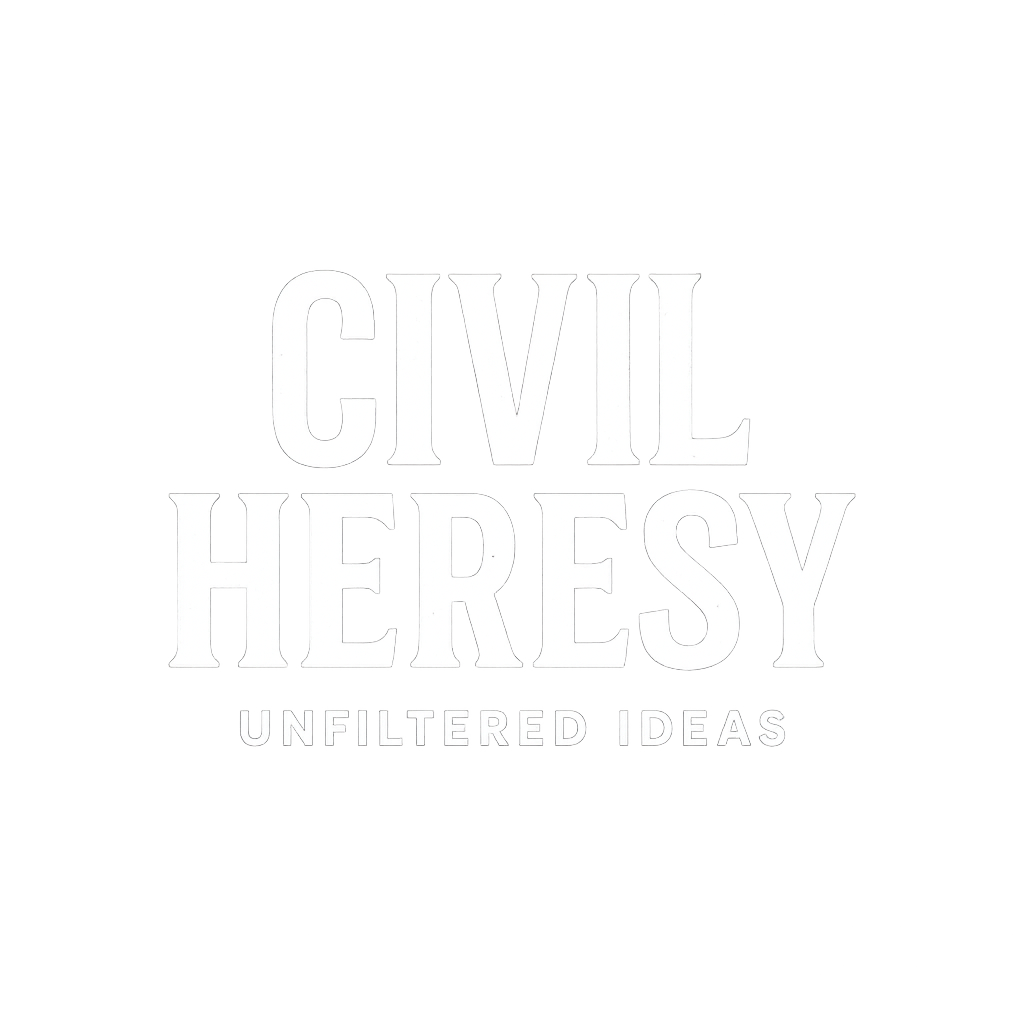
A wise society teaches inquiry, not obedience.
John Locke, one of my favorite philosophers, once wrote, “A wise society teaches inquiry, not obedience.” There is no finer distillation of what separates progress from decay, civilization from barbarism. The record of history, if one cares to read it without the blinkers of dogma, is written in both blood and brilliance. Wherever men and women have been permitted—no, encouraged—to ask questions, challenge authority, and dismantle the sacred cows of their age, humanity has surged forward. Athens thrived because its citizens were not merely allowed but expected to reason and argue. The Renaissance burst forth only when inquiry had the audacity to puncture the bloated carcass of enforced dogma. The Enlightenment, that glorious declaration of intellectual independence, made it plain that human beings would rather burn candles in the dark than live forever under the crushing shadow of “because I said so.”
Empires and republics rose on this principle, too. The Romans, for all their brutality, achieved their greatness by adapting and absorbing the knowledge of others. The Ming Dynasty presided over centuries of innovation before retreating into cowardly isolation. Venice, that improbable lagoon of power and commerce, thrived because it asked not only “how do we fight?” but “how do we trade, explore, and create?” They flourished because they understood—sometimes instinctively—that inquiry fertilizes civilization, while obedience merely embalms it.
If this blog moves you, spread the word, leave a comment, and wear it to make a statement.
And what of the alternative? History is equally unsparing there. Those civilizations and movements that elevated blind obedience above free thought either strangled themselves or went down in flames—sometimes literally. Nazi Germany demanded total loyalty to a psychotic Führer and delivered humanity into industrial slaughter. The Soviet Union replaced thought with a catechism of terror, and collapsed under the weight of its own lies. Even in smaller, more deranged settings—Jonestown, Heaven’s Gate, Waco—the story is the same: obedience, enforced with zeal, is nothing but suicide dressed up as faith.
Locke knew—better than his modern-day censors and clerics—that freedom of thought is not a luxury item, like fine wine or imported cheese. It is the oxygen of democracy, the engine of discovery, the only sure defense against tyranny. And now, in this supposedly enlightened age, we find ourselves retreating from that truth at full gallop. Books are being burned or banned as though the Inquisition had only adjourned for lunch. Universities—the temples of inquiry—are denounced as dens of corruption. Science, the hard-won method by which we banished plague and darkness, is mocked by men who couldn’t explain photosynthesis if their lives depended on it.
And presiding over this grotesque carnival of unreason is a head of state who, with breathtaking arrogance, declares himself wiser than generals, scientists, historians, and doctors alike. A man who insists that his ignorance is superior to your knowledge, and who sells this bile to an audience eager to be told that thinking is an elite pastime. He fancies himself a wizard, but unlike the one in Oz, there is no curtain concealing the trick. The delusion is naked. The performance is brazen. The insult is direct.
The danger, however, is not theatrical. It is existential. To cripple education, to sneer at science, to punish inquiry is not strength—it is national suicide by strangulation. A society that teaches obedience over inquiry may enjoy the brief order of the barracks, but it condemns itself to the long silence of the grave. To abandon thought is to abandon life. And unless we reverse this deliberate, systematic campaign against knowledge, we will discover that the end of inquiry is not stability, but oblivion.
Inquiry is the Oxygen of Democracy
Blind obedience is not stability—it’s suicide. From Locke’s philosophy to the lessons of Nazi Germany and Stalin’s USSR, history shows societies that silence inquiry collapse into decay. Today, with book bans, anti-science rhetoric, and authoritarian posturing on the rise, the stakes are existential. To survive, we must relearn that questioning authority is not rebellion—it is preservation.
Why it Matters
- Because a nation that punishes inquiry commits cultural suicide.
- History doesn’t forgive societies that trade curiosity for obedience—it buries them.
If this blog moved you, spread the word, leave a comment, and wear it to make a statement.
Further Reading:
- The Origins of Totalitarianism – Hannah Arendt. A study of how blind obedience and propaganda lead societies into authoritarian rule. https://civilheresy.com/the origins of totalitarianism
- The Demon-Haunted World: Science as a Candle in the Dark – Carl Sagan. A passionate call for critical thinking and scientific inquiry in an age of ignorance. https://civilheresy.com/demon haunted world

